bitumen 6070 is a semi-hard penetration grade bitumen used in road construction and repair. It is one of the most widely used bitumen grades in the world, and it is known for its good balance of properties, including viscosity, stiffness, and adhesiveness. Bitumen 6070 is typically produced from straight-run bitumen, which is a type of bitumen that is not subjected to any further processing after it is extracted from crude oil. This makes bitumen 6070 relatively inexpensive, and it is a good choice for use in mild climates.
Bitumen 6070 is a type of paving-grade bitumen commonly used in road construction and other applications where durability and performance are critical. Here’s a detailed overview of what Bitumen 60/70 is:
What is Bitumen 6070?
1. Definition: Bitumen 60/70 is a specific grade of bitumen characterized by its penetration range. The numbers “60/70” refer to the penetration grade, which indicates the hardness or softness of the bitumen at a standard temperature. This grading system helps in determining the suitability of bitumen for various applications.
2. Penetration Grade:
- 60/70 signifies that the bitumen’s penetration depth (measured in tenths of a millimeter) at a temperature of 25°C (77°F) with a 100-gram weight over 5 seconds ranges between 60 and 70.
- A lower penetration number indicates a harder bitumen, whereas a higher number indicates a softer bitumen.
3. Uses: Bitumen 60/70 is widely used in:
- Road Construction: It’s commonly used for the construction of asphalt roads due to its optimal balance between hardness and flexibility.
- Asphalt Concrete: It is used in asphalt concrete mixtures to provide durability and resistance to deformation.
- Paving: Ideal for both heavy-duty and light-duty pavements due to its good performance under various load conditions.
- Road Maintenance: It is used for surface dressing and as a binder in road repairs.
4. Properties:
- Durability: Offers good resistance to deformation and wear, making it suitable for high-traffic areas.
- Temperature Stability: Performs well across a range of temperatures, providing stability in both hot and cold conditions.
- Flexibility: Balances hardness with enough flexibility to withstand temperature fluctuations and load stresses without cracking.
5. Standards and Specifications:
- ISO Standards: Meets international standards like those set by the International Organization for Standardization (ISO) and the American Society for Testing and Materials (ASTM).
- National Standards: Complies with various national standards depending on the country, such as the European Standard (EN) or Indian Standard (IS).
6. Advantages:
- Economic: Provides a cost-effective solution for road construction and maintenance.
- Performance: Offers a good compromise between durability and flexibility.
- Versatility: Suitable for a wide range of climatic conditions and traffic loads.
7. Environmental Impact:
- Sustainability: Efforts are being made to improve the sustainability of bitumen, including recycling and the development of more environmentally friendly alternatives.
Summary:
Bitumen 60/70 is a versatile and widely used grade of bitumen with a penetration range that indicates its hardness and flexibility. It is essential for road construction and maintenance due to its durability and performance under various conditions. Understanding its specifications helps in selecting the appropriate grade for specific applications, ensuring optimal performance and longevity of road surfaces.
What is asphalt 6070?
Bitumen 60/70 is suitable for road construction and for asphalt pavements with superior properties. This type of bitumen is used in the manufacture of hot mix asphalt for bases and wearing courses and the main usage of this product is used in the road in mild regions. The bitumen is provided during the presses of oxidation of the vacuum bottom in bitumen production units. Due to its medium air blowing and penetration, it is used in mild areas.
- Road Construction: Bitumen 60/70 is widely used in road construction due to its exceptional binding properties. It serves as a binder in asphalt mixtures, providing durability, stability, and resistance to heavy traffic and harsh weather conditions. The flexibility of asphalt 60/70 allows roads to withstand temperature-induced expansions and contractions.
- Waterproofing: With its waterproofing characteristics, asphalt 60_70 is extensively used to protect structures from water damage. It is applied as a coating or membrane to roofs, foundations, and basements to prevent water penetration and ensure the longevity of buildings.
- Pavement Preservation: This grade of bitumen is essential in pavement preservation techniques such as chip sealing and micro-surfacing. It acts as an adhesive, holding aggregate particles together and providing a skid-resistant surface.
- Industrial Applications: asphalt 60/70 finds use in various industrial applications, including soundproofing, electrical cable jointing, and corrosion protection. Its high resistance to heat and chemicals makes it a reliable choice for these purposes.
- Asphalt Emulsions: Bitumen 60/70 serves as a key ingredient in producing asphalt emulsions, which are used in surface treatments, prime coats, and tack coats. These emulsions enhance adhesion between layers of road surfaces.
- Hot mix asphalt: Bitumen 60/70 is a commonly used binder in HMA. It is a moderately hard bitumen that has a penetration grade of 60-70. This means that it is soft enough to be workable at paving temperatures, but hard enough to provide the HMA with the necessary strength and durability.
Different Packing of bitumen 6070
-
- Bitumen 60/70 in 1 MT Jumbo Bag with a steel cage and pallet: Loading 20 MT in 20 ft Container
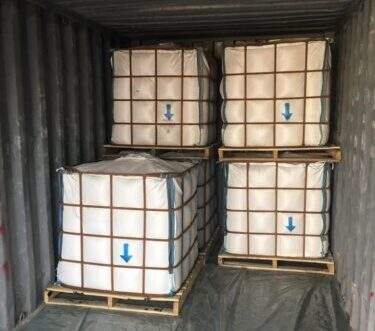
- Bitumen 80/100 in 1 MT Jumbo Bag without cage and pallet: Loading 20 MT in 40 ft Container
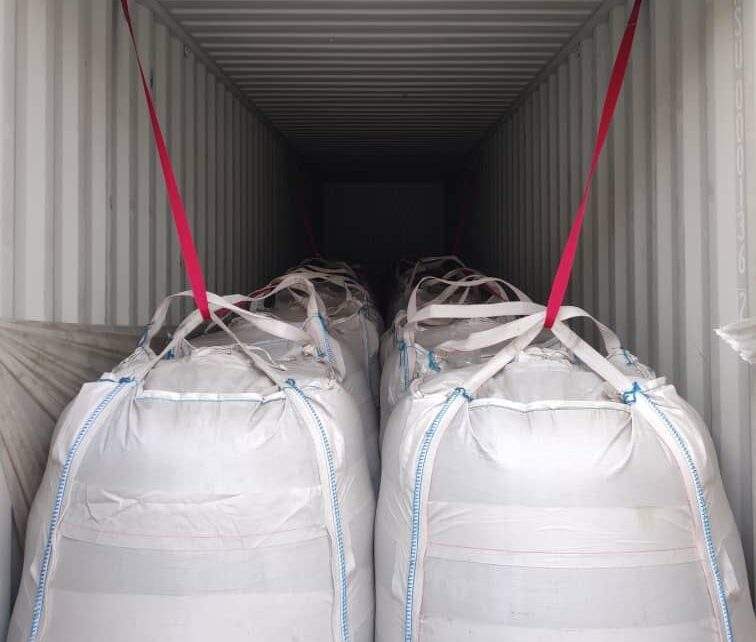
- asphalt 60/70 in 1300 Kg Jumbo Bag: Loading 26 MT in 40 ft Container
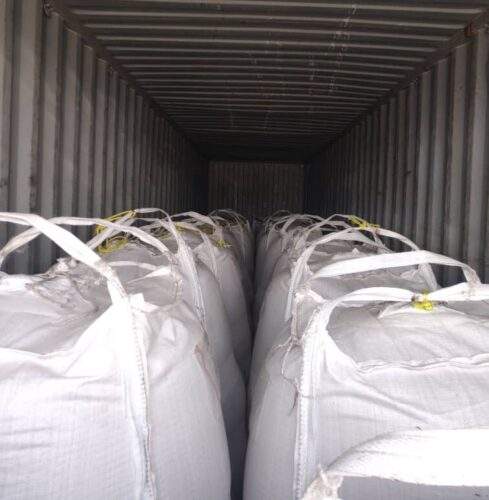
- Bitumen 60/70 in 180kg New Steel Drum: Loading 110 Drum in 20 ft
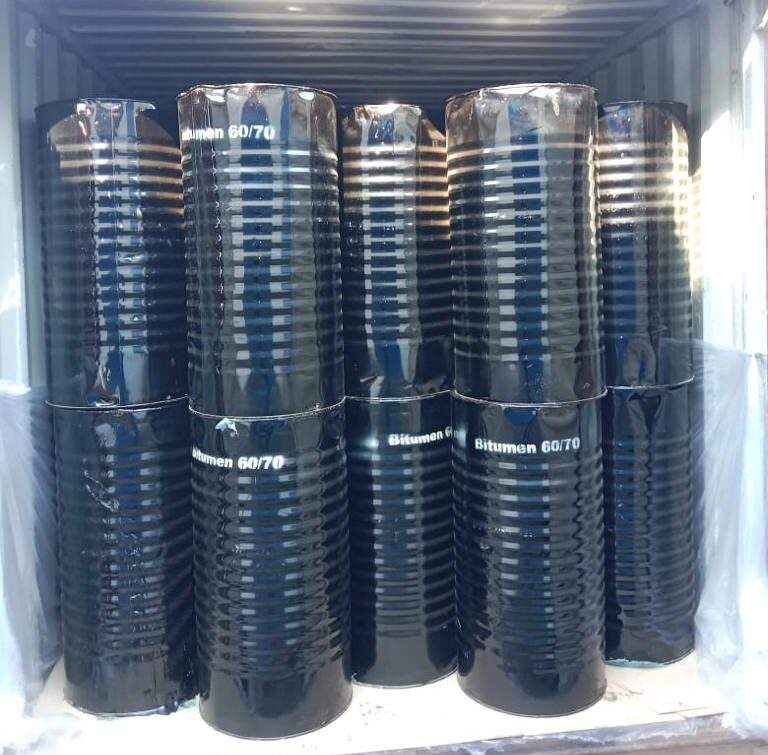
- Asphalt 60/70 in 375Kg Bitubag: Loading 24 MT in 20 ft Container
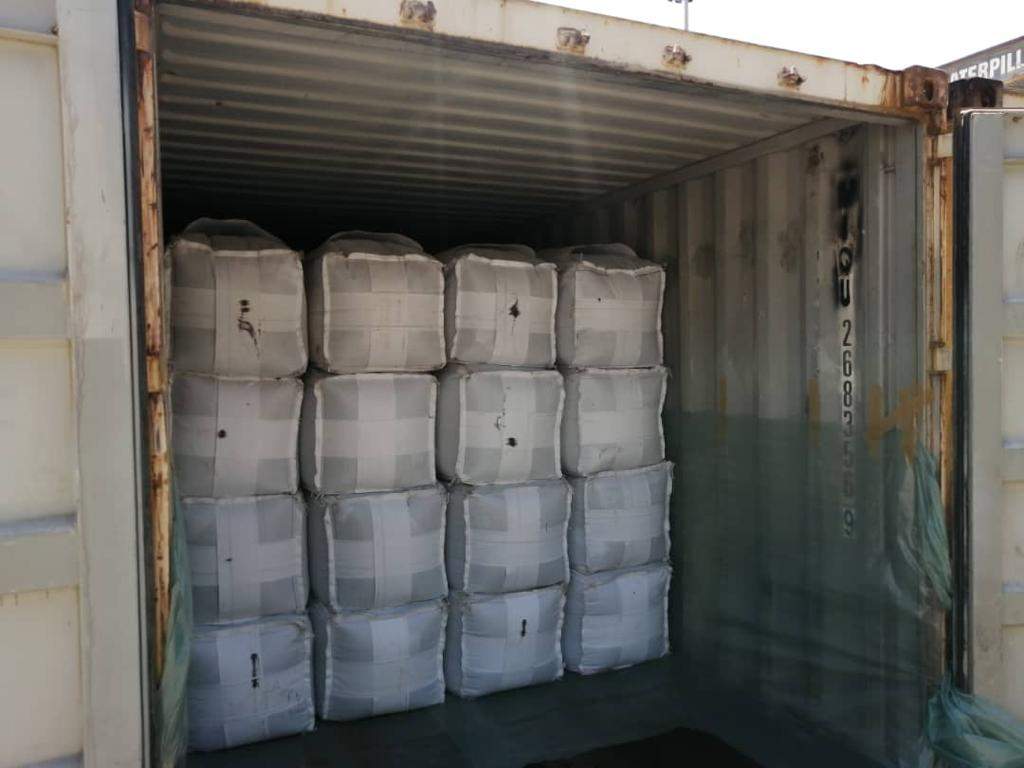
- Bulk in vessel: Loading 2000 to 20,000 MT in Bitumen Carrier

- Bulk in Flexi Bag: Loading 20 MT in Bitumen Felexi Bag
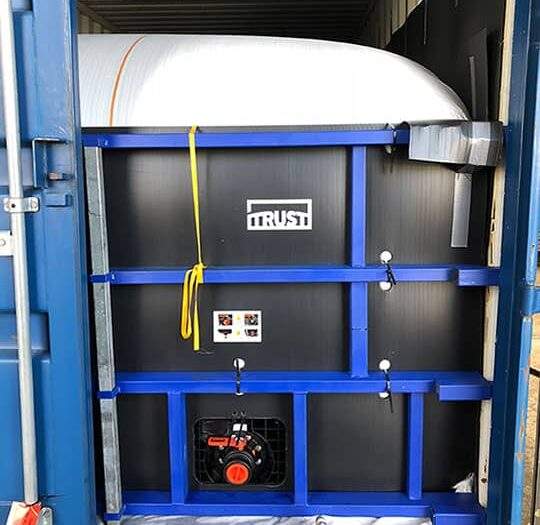
- Bulk in Tunker: Loading 25 MT in Truk Tanker
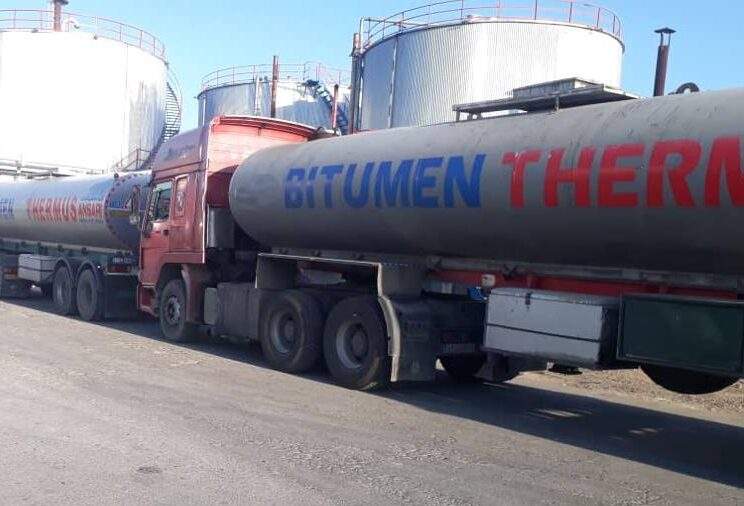
The production process of Bitumen 60/70
-
Crude oil distillation: Crude oil is heated to separate it into different fractions based on their boiling points. The heavier fractions, such as asphalt, are collected for further processing.
-
Vacuum residue preparation: The heavier fractions from the distillation process are further processed to remove lighter hydrocarbons and produce vacuum residue. This is done through a process called vacuum distillation.
-
Oxidation: Hot air is blown into the vacuum residue to oxidize the asphaltenes and control the penetration grade of the bitumen. The oxidation process also improves the bitumen’s adhesion to aggregates.
-
Blending: Different grades of bitumen may be blended to achieve the desired properties for the final product. For example, a harder bitumen may be blended with a softer bitumen to achieve the desired penetration grade.
-
Storage and transportation: The finished bitumen is stored in tanks and transported to refineries or paving sites.

